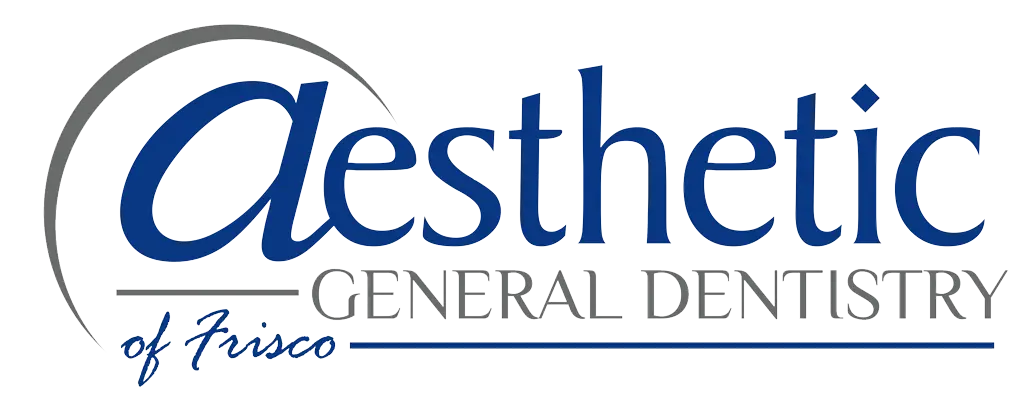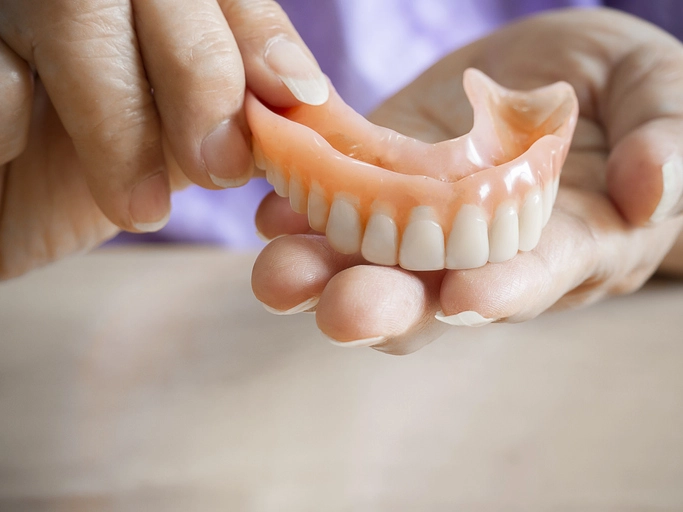Consult a dentist about dentures after a teeth cleaning if you experience significant tooth loss or severe dental issues affecting your ability to chew, speak, or smile confidently. After cleaning, your dentist can evaluate your teeth and gums, determining if dentures are suitable and what type—partial, full, or implant-supported—would best meet your needs.
Timing is crucial. If your dentist finds that your remaining teeth are beyond repair or you’ve lost multiple teeth, discussing dentures promptly can prevent further complications like shifting teeth, jawbone deterioration, and facial structure changes.
Early intervention improves your quality of life, restores functionality, and ensures a natural-looking smile. Regular dental visits and cleanings help monitor oral health and make informed denture decisions.
How soon after teeth cleaning should I consult a dentist about dentures?
You should consult a dentist about dentures as soon as possible after a teeth cleaning, especially if you are experiencing significant tooth loss, severe dental issues, or difficulty with chewing, speaking, or smiling confidently. Here are some key considerations:
- Immediate Evaluation: Right after a professional cleaning is an ideal time to discuss dentures because your dentist has a clear and current understanding of your oral health. The cleaning process allows for a thorough examination of your teeth and gums.
- Prompt Decision-Making: If you have multiple teeth that are damaged beyond repair or already missing, addressing the need for dentures quickly can prevent further complications, such as shifting teeth, jawbone deterioration, and changes in facial structure.
- Optimal Timing: Early consultation allows for better planning and a smoother denture transition. It gives your dentist time to prepare a customized treatment plan, ensuring the best fit and functionality for your dentures.
- Regular Monitoring: Regular dental visits and cleanings are crucial for maintaining oral health and making timely decisions about dentures or other restorative options.
Remember, it’s important to consult your dentist promptly after teeth cleaning to discuss the best course of action for your dental health and to explore whether dentures are the right solution for you.
What signs indicate I need to consult a dentist about dentures after teeth cleaning?
After a teeth cleaning, certain signs may indicate that you need to consult a dentist about dentures. Here are some key indicators:
- Significant Tooth Loss: If you have lost multiple teeth and it affects your ability to chew, speak, or smile confidently, it’s important to discuss dentures with your dentist.
- Severe Tooth Decay or Damage: Teeth that are severely decayed or damaged beyond repair may need to be replaced with dentures.
- Gum Disease: Advanced gum disease that has led to loose teeth or significant gum recession may require dentures to maintain oral function and aesthetics.
- Difficulty Chewing or Speaking: Persistent problems with chewing food or speaking clearly due to missing or damaged teeth indicate that dentures might be necessary.
- Frequent Tooth Pain: Ongoing tooth pain, especially in multiple teeth, can signal severe underlying issues that may lead to the need for dentures.
- Shifting Teeth: If your remaining teeth are shifting or moving out of place, it could indicate underlying problems that might be resolved with dentures.
- Changes in Facial Structure: Dentures can address noticeable changes in facial structure, such as sunken cheeks or a more pronounced jawline due to missing teeth.
- Difficulty Maintaining Oral Hygiene: If keeping your remaining teeth clean and free of decay is becoming increasingly difficult, dentures might be a viable option.
If you experience any of these signs, it’s crucial to consult your dentist promptly to discuss the possibility of dentures and ensure you maintain good oral health and quality of life.
Can regular teeth cleaning appointments reveal the need for dentures?
Yes, regular teeth cleaning appointments can reveal the need for dentures. During these visits, your dentist can thoroughly examine your oral health and identify issues that might indicate the need for dentures. Here are some ways regular cleanings can help determine if dentures are necessary:
- Assessment of Tooth Decay and Damage: Regular cleanings allow your dentist to monitor the extent of tooth decay and damage. Dentures may be recommended if teeth are too damaged or decayed to be repaired with fillings, crowns, or other treatments.
- Evaluation of Gum Health: During cleanings, dentists can detect signs of advanced gum disease, such as significant gum recession, bone loss, or loose teeth. These conditions may necessitate dentures to maintain oral function and aesthetics.
- Detection of Tooth Loss Patterns: Consistent monitoring can reveal patterns of tooth loss or weakening teeth, indicating a possible need for partial or full dentures.
- Monitoring Bone Health: Regular dental visits include X-rays, which help assess the health of your jawbone. Significant bone loss can affect the stability of remaining teeth and may require dentures for support.
- Overall Oral Health Evaluation: Cleanings provide an opportunity for a comprehensive evaluation of your oral health, including the alignment and condition of your teeth. This helps determine whether dentures are a suitable solution.
- Discussion of Symptoms: During appointments, you can discuss any difficulties you’re experiencing, such as trouble chewing, speaking, or persistent tooth pain. These symptoms can guide your dentist in recommending dentures.
Regular teeth cleaning appointments are essential for maintaining oral hygiene and for early detection of issues that may require dentures. By keeping up with these appointments, you ensure timely intervention and appropriate treatment plans tailored to your oral health needs.
What should I discuss with my dentist about dentures after teeth cleaning?
After a teeth cleaning, discussing the possibility of dentures with your dentist involves several important topics. Here’s a comprehensive list of points to cover:
- Oral Health Assessment: Ask for a detailed evaluation of your current oral health. Discuss the condition of your remaining teeth, gums, and jawbone to understand whether dentures are a necessary or beneficial option.
- Types of Dentures: Inquire about the types available, such as partial dentures, full dentures, and implant-supported dentures. Understand the benefits and limitations of each type to determine which might be the best fit for your needs.
- Procedure and Timeline: Discuss the process of getting dentures, including any preparatory procedures such as extractions or bone grafts. Ask about the expected timeline from initial consultation to final fitting.
- Cost and Insurance Coverage: Clarify the costs associated with dentures, including any additional treatments required. Check what portion is covered by your dental insurance and what out-of-pocket expenses you might incur.
- Maintenance and Care: Learn about the daily care and maintenance required for dentures. This includes cleaning routines, handling tips, and how to store them properly to ensure longevity and oral hygiene.
- Adjustments and Follow-Up: Understand the need for adjustments and follow-up appointments after getting dentures. Ask how often you might need to return for fittings and what signs to look for that indicate adjustments are necessary.
- Comfort and Fit: Discuss how dentures are designed to fit comfortably in your mouth and what to expect regarding adaptation. Ask about common issues like soreness or difficulty speaking and how to address them.
- Impact on Daily Life: Talk about how dentures might affect your daily activities, such as eating and speaking. Get advice on how to transition smoothly and manage any challenges.
- Alternative Options: If you are hesitant about getting dentures, ask about alternative treatments that might be available, such as bridges or dental implants, and compare their benefits and drawbacks.
- Long-Term Oral Health: Discuss how wearing dentures will impact your long-term oral health and what additional care or lifestyle changes might be necessary to maintain overall dental well-being.
By thoroughly discussing these points with your dentist, you can decide whether dentures are the right solution for you and understand the steps involved in transitioning to them.
Schedule Your Appointment for Denture Fitting Today!
Discuss dentures post-cleaning: Schedule today with Aesthetic General Dentistry of Frisco! After your teeth cleaning, it’s the perfect time to evaluate the need for dentures. Our experienced team will assess your oral health and discuss the best options to restore your smile, whether partial, full, or implant-supported dentures.
Don’t wait for further complications—early intervention can prevent additional dental issues and improve your quality of life. Schedule your consultation today and take the first step toward a healthier, more confident smile. Trust Aesthetic General Dentistry of Frisco for personalized, compassionate care tailored to your needs.

